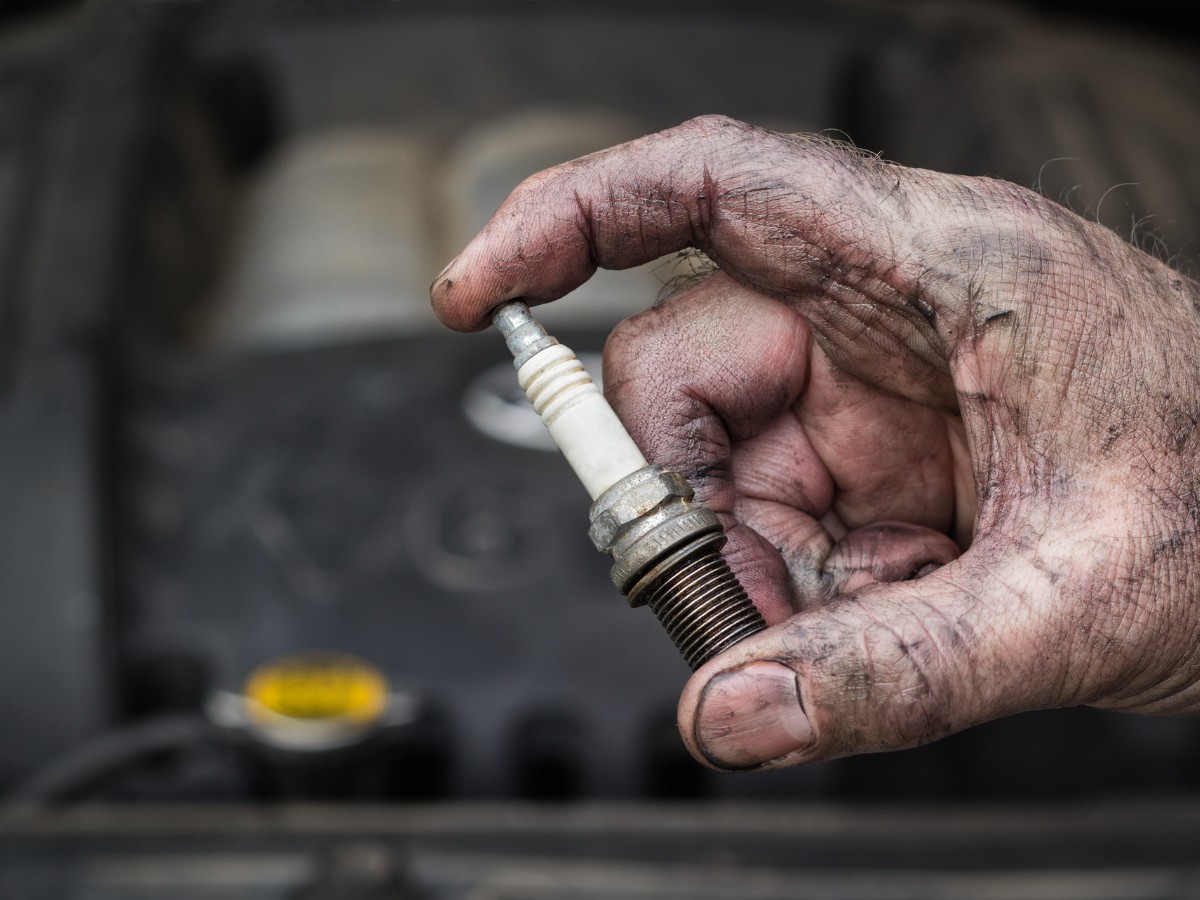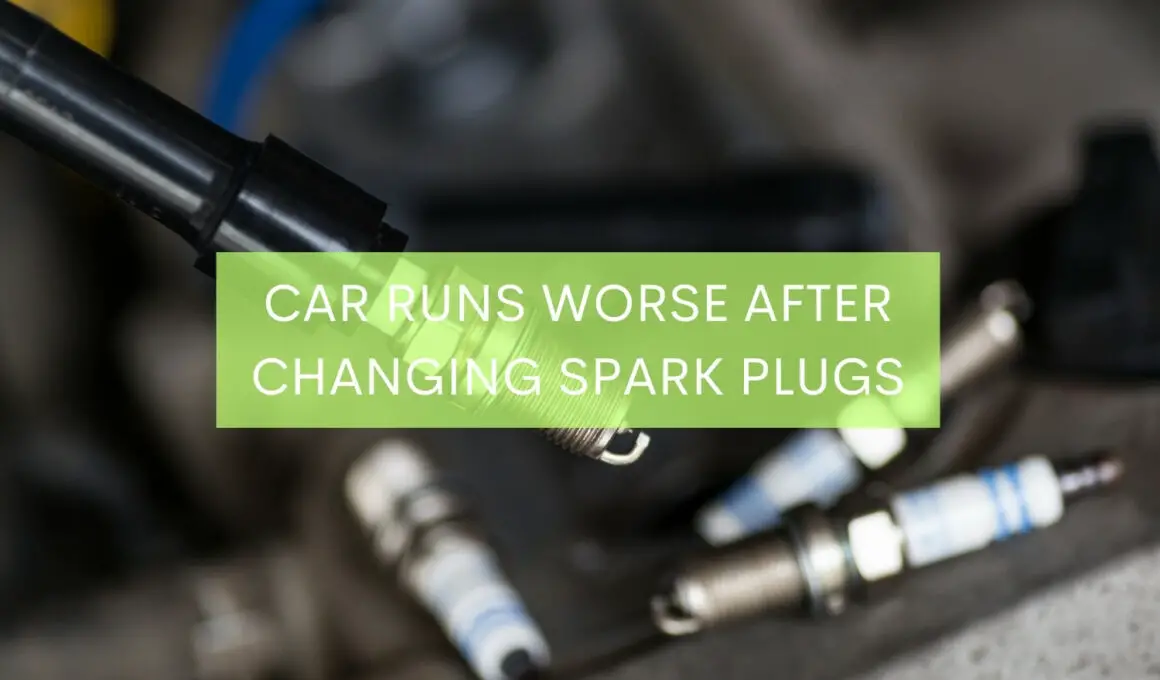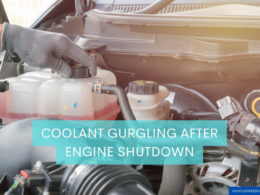In This Article Show
Today, I want to address a surprisingly common issue that baffles many car owners – a vehicle that runs worse after changing spark plugs.
Spark plugs, those small yet mighty components nestled deep within your car’s engine, play a crucial role in your vehicle’s smooth operation. They ignite the air-fuel mixture in the engine’s combustion chambers, kickstarting the process that keeps your car moving.
As part of routine vehicle maintenance, changing your spark plugs is important to ensure consistent and optimal engine performance.
But here’s a paradox: what if, instead of purring contentedly after a spark plug change, your car grumbles, hesitates, or runs erratically? Unfortunately, this is not an uncommon scenario.
Following what should be a straightforward maintenance task, many car owners are left scratching their heads, wondering why their car is running worse after changing spark plugs. We’ll look into why this happens in this blog post and steps to take to fix it.
Understanding the Role of Spark Plugs in Your Car
At first glance, spark plugs may seem like simple, unassuming parts of your car’s engine, but their role is fundamental to your vehicle’s operation. Essentially, these small devices deliver the electric current from the ignition system to the combustion chamber.
The electric spark they produce ignites the air-fuel mixture, resulting in an explosion that pushes the pistons down, creating the mechanical power necessary to move your car.
How do you tell when your spark plugs are singing their swan song? A misbehaving engine can be the first sign. If you notice your vehicle running rough, consuming more fuel, misfiring, or facing difficulty starting, these can all be indicators of worn or failing spark plugs.
Regularly changing these spark plugs helps maintain the health and efficiency of your engine.
So far, so good, right? But, as we’ve discussed, a routine spark plug change can sometimes leave your car performing worse than before.

Why Your Car Might Be Running Worse After Changing Spark Plugs
When a routine spark plug replacement leaves your car performing below par, it can be downright perplexing. After all, it’s supposed to help your car run better, not worse. From my 13 years of mechanical experience, I’ve seen this happen more times than one might think, and it usually boils down to a few common culprits.
- Poor-quality Spark Plugs: Not all spark plugs are created equal. Some are made of cheaper materials and may not perform as well as those of higher quality.
- Incorrect Spark Plug Gap: Spark plugs need to have a specific ‘gap’ to function correctly. If this gap is not set correctly, it can lead to engine performance issues.
- Wrong Type of Spark Plugs Installed: Cars are like people; they each have their specific preferences. Just as certain people function best on a particular diet, certain cars function best with a specific type of spark plug.
- Improper Installation: Even the highest quality spark plug won’t perform well if it’s not installed correctly. It’s crucial to follow the manufacturer’s instructions during installation.
- Damage During Installation: Accidents happen, even to seasoned mechanics. A tiny crack or chip on a spark plug during installation can lead to big problems.
- Ignition System Issues: Sometimes, the problem isn’t with the spark plug itself but with the ignition system that powers it.
Car Runs Worse After Changing Spark Plugs (In-depth Analysis: Causes and Fixes)
Let’s delve deeper into the reasons your car might be underperforming after a spark plug change and discuss practical solutions to these issues. Remember, the goal is to ensure your vehicle runs smoothly and efficiently.
1. Poor-quality Spark Plugs
- Problem: Lower-quality spark plugs may not perform as well as their higher-quality counterparts, leading to a decline in your car’s performance.
- Solution: Always opt for good quality spark plugs from reputable manufacturers. While they might be a bit more expensive, the long-term benefits for your car’s health and performance are well worth the investment.
2. Incorrect Spark Plug Gap
- Problem: Each spark plug needs to have a specific gap to ignite the air-fuel mixture properly. If the gap is too large or too small, it can cause your engine to run rough or misfire.
- Solution: Always check and adjust the spark plug gap using a gapping tool before installation. You can usually find the correct gap specification in your vehicle’s service manual.
3. Wrong Type of Spark Plugs Installed
- Problem: Different cars require different types of spark plugs. Installing the wrong type can lead to poor engine performance.
- Solution: Always make sure to choose the right type of spark plug for your specific vehicle model. Your vehicle’s service manual or a trusted mechanic can provide this information.
4. Improper Installation
- Problem: Even the best spark plugs won’t do their job if installed incorrectly.
- Solution: Always follow the manufacturer’s installation guidelines. If you’re not confident doing it yourself, hiring a professional mechanic is better.
5. Damage During Installation
- Problem: A tiny crack or chip on a spark plug during installation can lead to big problems.
- Solution: Handle spark plugs with care during installation to avoid any damage. If a spark plug does get damaged, it’s best to replace it immediately.
6. Ignition System Issues
- Problem: Sometimes, the issue isn’t the spark plug but the ignition system that powers it. If the ignition system isn’t working properly, it can cause your car to run poorly.
- Solution: Regular maintenance and inspections can help identify and fix ignition system problems early. If you suspect an issue with your ignition system, I recommend taking your car to a professional mechanic for diagnosis and repair.
As an experienced mechanic, I can assure you that understanding these potential causes and their solutions can go a long way towards preventing performance issues after changing spark plugs.
Preventative Measures: How to Avoid Car Problems After Changing Spark Plugs
Understanding potential issues is a major step towards prevention. Here are some measures to help you avoid car performance issues after changing spark plugs.
1. Regular Maintenance Checks
Keeping your car in check involves more than just changing the oil and rotating the tires. Regularly inspect your spark plugs and the ignition system as part of your vehicle’s preventive maintenance routine.
2. Correct Installation
Installing your spark plugs correctly is just as important as choosing the right ones. Always follow the manufacturer’s instructions. And remember, if you’re not confident, there’s no harm in seeking professional help.
3. Use the Right Spark Plugs
Always ensure that you’re using the right type and quality of spark plugs for your specific car model. Consult your vehicle’s service manual or speak to a trusted automotive professional when in doubt.
4. Handle With Care
Treat your spark plugs with the same care you would any other vital car part. Even minor damage during installation can lead to significant performance issues.
5. Right Gap Size
Before installing new spark plugs, always check and adjust the gap size according to your vehicle’s specifications.
Implementing these preventative measures’ll significantly decrease the chances of your car running poorly after a spark plug change. It’s all about being proactive, rather than reactive, when it comes to maintaining your car.
Wrapping it up
Keeping your car in good shape can sometimes feel like a puzzle, especially when unexpected issues like performance problems after a spark plug change crop up.
However, understanding the potential causes, knowing how to fix them, and implementing preventative measures can make the process much easier.
Remember, quality spark plugs, installed correctly, with the right gap size, are crucial to your car’s performance. Regular maintenance checks and care during installation can go a long way towards avoiding any unwelcome surprises.










